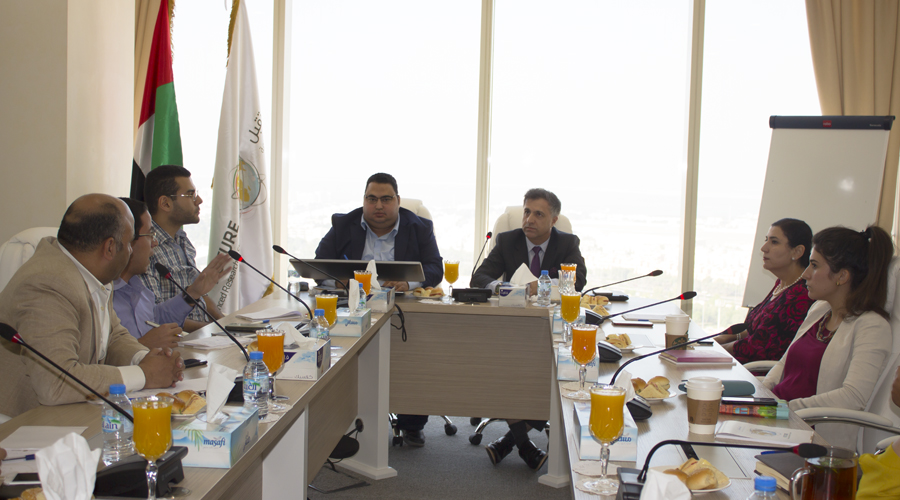On October 19, 2017, Future for Advanced Research and Studies (FARAS) hosted Dr. Mohammad Qasem al-Hamad, expert in negotiations and intercultural studies and founder of JUMAN Center for Civil Society Empowerment (JCSE) in a workshop titled “Why Negotiations Stumble in the Middle East?”
Al-Hamad presented the steps of negotiation process, the selection of negotiators, and approaches to managing negotiations. He further noted that good preparation in the pre-negotiation phase is the key to successful negotiations. Al-Hamad stated that other factors that might impact the negotiation process include balanced and sound media coverage, as well as the coordination between negotiations and crisis management teams within an administration.
The participants attempted to analyze the recent developments in negotiation rounds in the Middle East, reasons for the stumbled negotiations, the impact of the cultural factor, and management of the post-negotiations stages.


